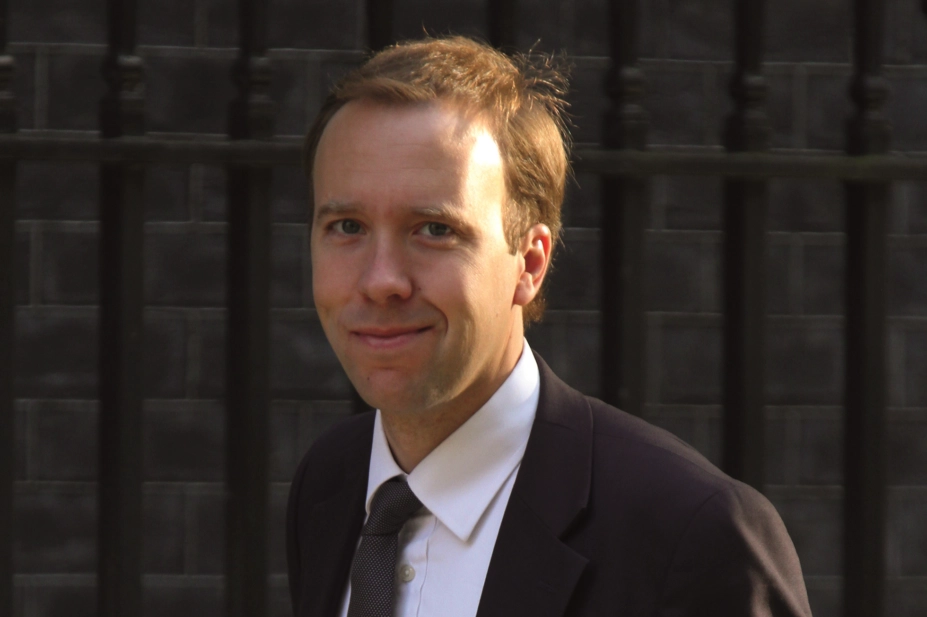
Shutterstock.com
Legal campaigners have sought a judicial review of the government’s change to the law that would allow pharmacists to switch patients’ drugs in case of a medicines shortage.
Not-for-profit group The Good Law Project launched legal proceedings against Matt Hancock, the secretary of state for health and social care, on 26 February 2019, after the Department of Health and Social Care (DHSC) failed to withdraw amendments to the Human Medicines Regulation 2012, which came into force on 9 February 2019.
The legal change meant the government can now issue protocols asking pharmacists to respond to a medicines shortage in one of four ways: to dispense a reduced quantity; a therapeutic equivalent; a generic equivalent; or an alternative dosage form of the drug, without recourse to a patient’s doctor.
In a legal document sent on 19 February 2019, the Good Law Project informed the DHSC of its intent to start the review proceedings if the government did not remove the legislative amendments by 25 February 2019.
The Good Law Project said that the “serious shortage protocols” consultation, which was open for one week in December 2018, was “insufficient and unlawful”, and in documents submitted to the High Court, the group said the protocols could “have very serious adverse consequences for the health, welfare and even lives of certain vulnerable patients”.
Jolyon Maugham, barrister and director of the Good Law Project, said the High Court has now directed that the government responds by 16:00 on 8 March 2019.
He confirmed that the government had accepted in writing that the case may need to be determined before 29 March 2019 — the date that the UK is due to leave the EU — as it may “render unlawful” a key part of the government’s no-deal Brexit planning.
In a letter to colleagues sent on 17 January 2019, Keith Ridge, chief pharmaceutical officer for England, listed the protocols as part of ongoing work that the government was taking to ensure a continued supply of medicines in the case that the UK left the EU without an agreement in place.
Maugham told The Pharmaceutical Journal that although the legal case was still “up in the air”, he was pleased that the government had acknowledged that the matter would need to be decided before any no-deal agreements were made.
“No responsible government would contemplate [a no-deal Brexit] with serious doubts hanging over the lawfulness of its planning to deal with medicines shortages,” he said.
The DHSC was contacted for comment.
You may also be interested in

Government misses consultation deadline for post-Brexit scheme to detect fake medicines

Proposed legislation could see government ‘broaden’ use of data collected through the Falsified Medicines Directive
